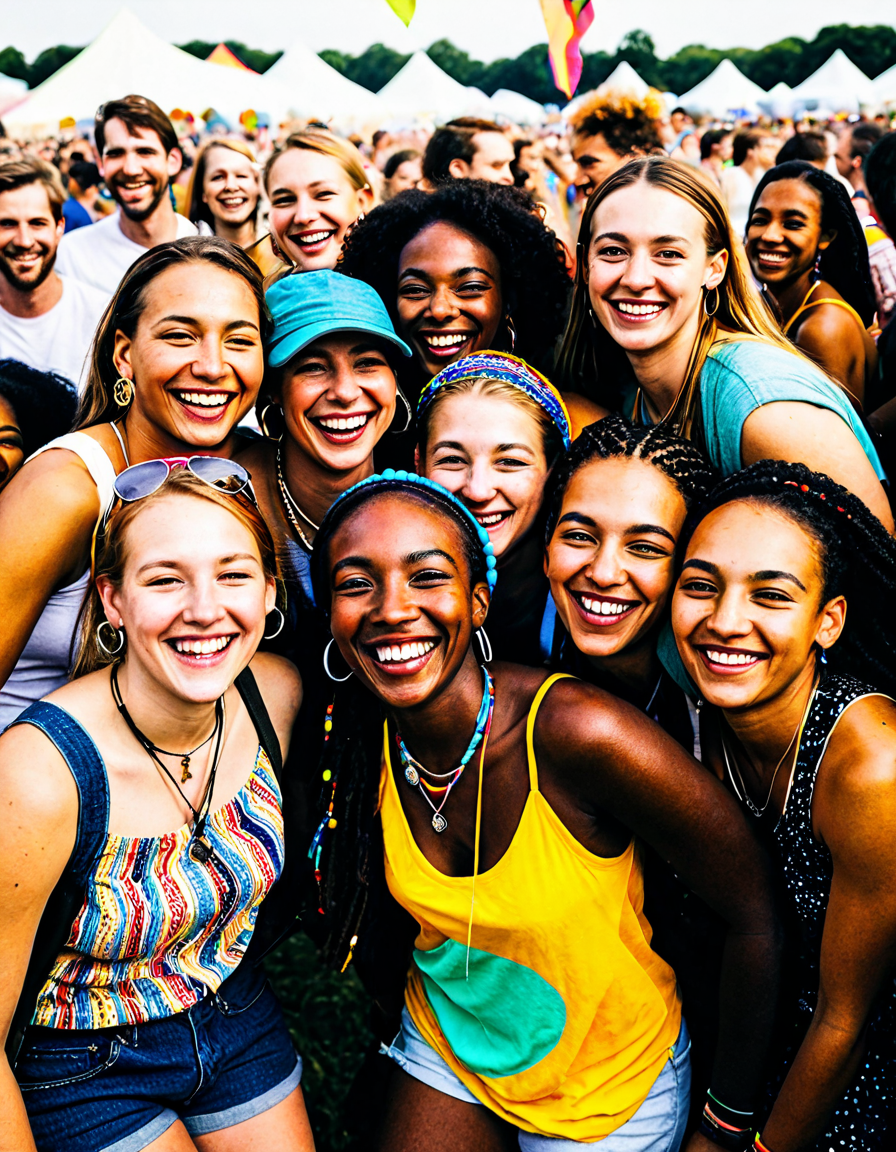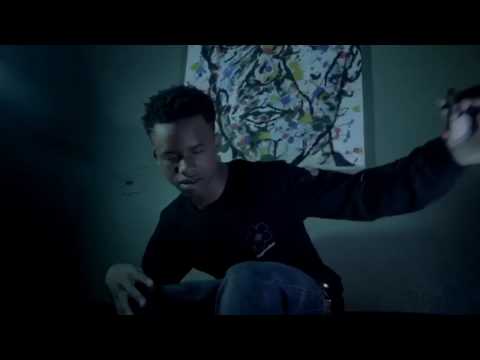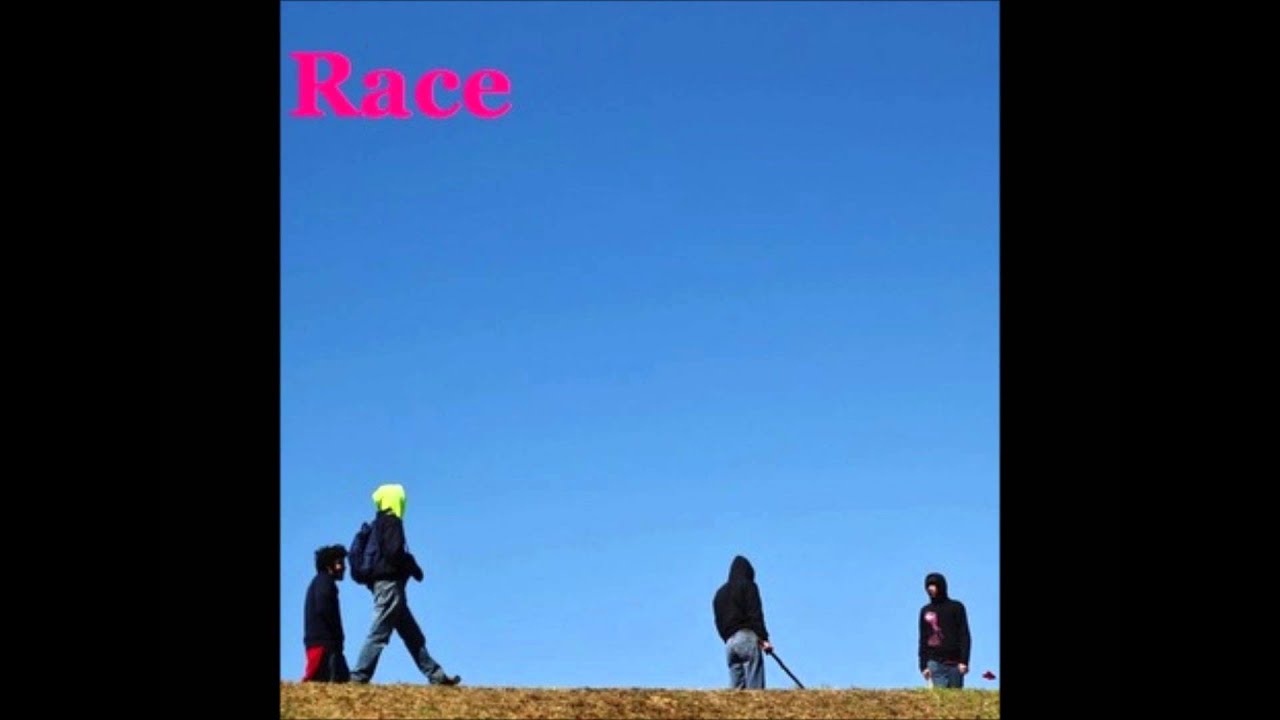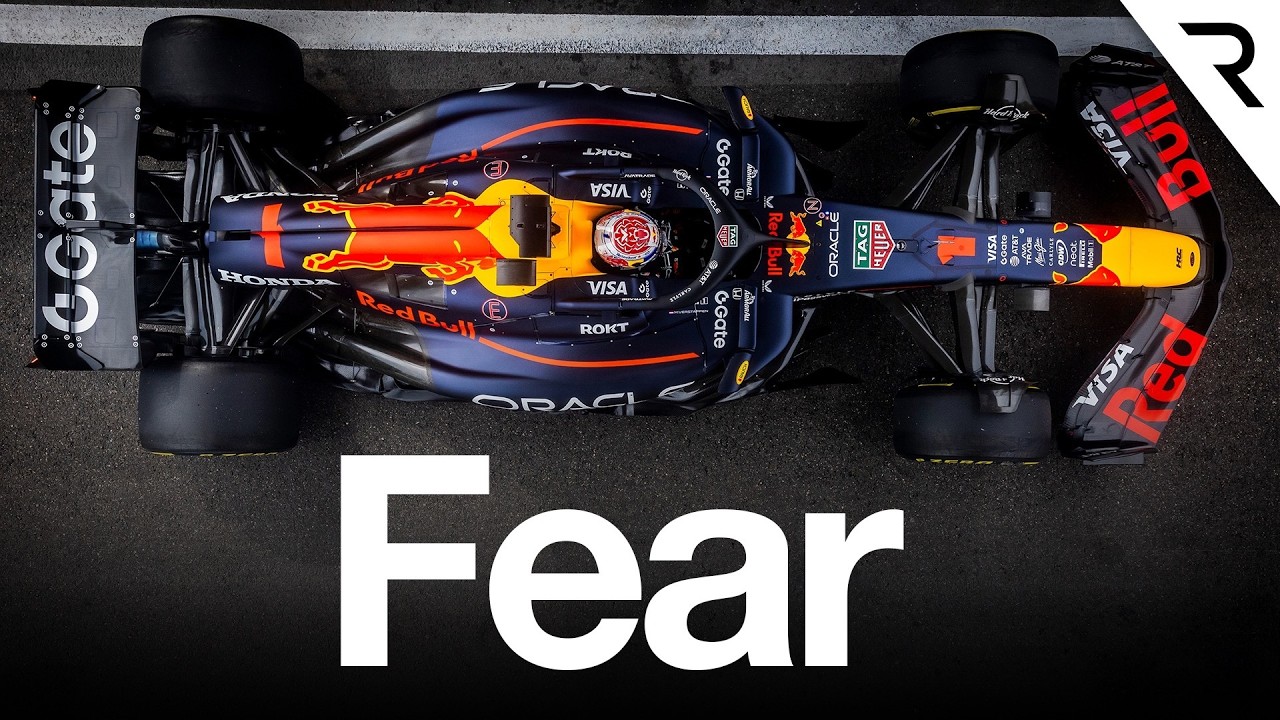Race shapes our lives in ways we might not even realize. It’s not just a social construct; it plays a pivotal role in how we interact, find jobs, and even view films. As passionate cinephiles, we often dissect the narratives and performances on-screen, but what happens behind those scenes can reveal a lot about racial dynamics. You might not think about it while binge-watching the latest blockbuster, but understanding the role of race can help us appreciate the stories being told on screen—stories that mirror the world outside our living rooms.
1. The Complexity of Race in Today’s World
Diving into the subject, race intricately weaves itself into our daily experiences. It can dictate the neighborhoods we feel safe in or the job opportunities we land. Take Chicago, where the stark contrast between predominantly Black and white neighborhoods illustrates lasting socioeconomic disparities stemming from historical redlining. This segregation not only affects living conditions but also educational access, employment chances, and healthcare—making clear just how race intersects with our everyday lives.
Understanding these issues is crucial. The persistent legacy of racial discrimination is not a relic of the past; it shapes contemporary life. For millions, the color of their skin still informs their interactions with others, the likelihood of receiving a job offer, or even the quality of medical care. If you think about it, these systemic issues embed themselves in our films and shows. Blockbusters like “Black Panther” not only celebrate Black culture but also challenge Hollywood to reflect a more diverse tapestry of life, shedding light on systemic injustices in the process.
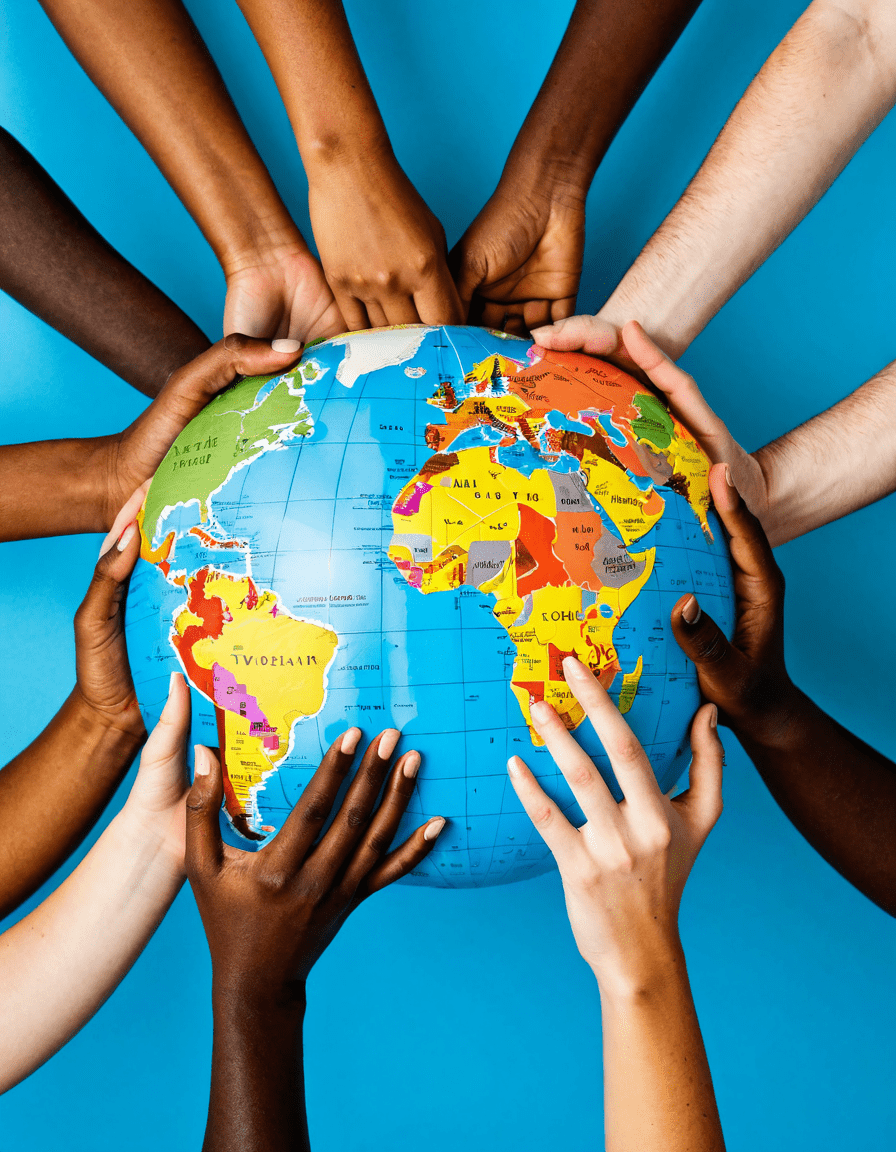
2. Top 7 Ways Race Shapes Our Daily Interactions
To break it down, here are seven key areas where race significantly influences our daily lives:
Exploring Institutional Challenges and Positive Change
Acknowledging these challenges is the first step, but what’s being done? Visible changes in policy and community initiatives are lighting a path toward racial equity. Programs like “The 1619 Project” educate the public on America’s racial history, urging empathy. Highlighting these issues forces society to confront uncomfortable truths and rethink its approach to race.
Activists are advocating for reparative justice, seeking to right historic wrongs that continue to echo in today’s society. The rise of initiatives that promote inclusivity provides a glimmer of hope. We can’t ignore how timely discussions surrounding race can lead to lasting change in our communities and industries, including film.
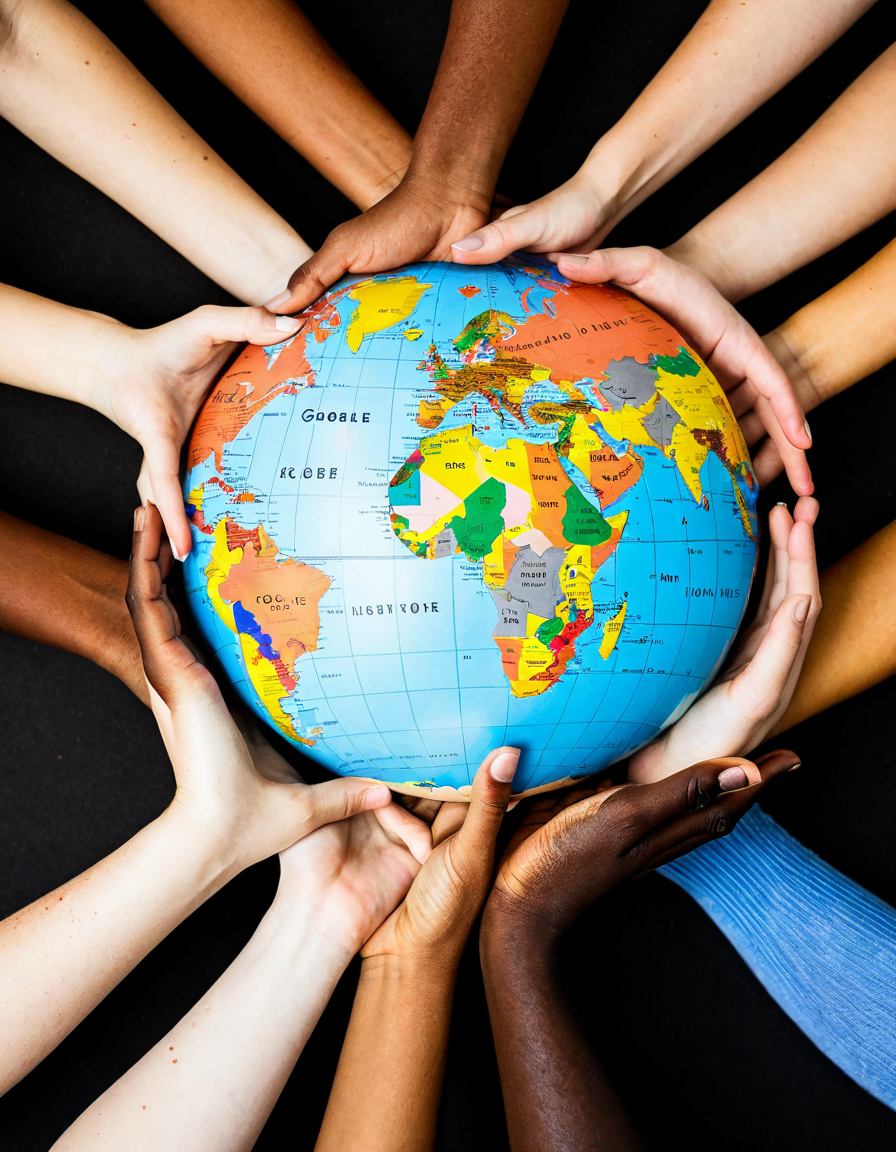
The Future of Race and Its Influence
As we cruise deeper into the 21st century, we should lean into conversations about race. Embracing intersectionality and prioritizing accessibility can lay foundations for understanding. Some initiatives can teach us reflections of ourselves and our histories as society grows more diverse and connected. Films showcasing these narratives can educate viewers and inspire action.
It’s clear racing forward involves not just acknowledging race but engaging with it. Conversations must not just exist in echo chambers; they need to extend into our communities and cinema. By spotlighting personal anecdotes alongside broader narratives, we create spaces ripe for constructive discussion.
Acknowledging race’s profound impact can enable us to grasp the threads that weave our societal fabric together—one honest dialogue at a time. So, the next time you sit down to enjoy a film, reflect on the stories embedded within it; you might just unlock a greater understanding of the world surrounding you. After all, the power of cinema often lies in its ability to transcend boundaries and unite us—if only we harness that power wisely.
Race and Its Impact on Our Lives Today
Cultural Influences and the Film Industry
Race significantly shapes the narratives depicted in movies and TV shows, influencing everything from casting choices to character development. Consider the award-winning actress Amy Brenneman, who’s not only known for her roles but has also been vocal about issues surrounding race and diversity in Hollywood, leading audiences to reflect on these topics. The industry is gradually changing, with more creators embracing storytelling that includes diverse perspectives, however, the journey is far from over. For some inspiration on unique storytelling that captures various backgrounds, check out content spanning from absolute cinema.
Meanwhile, the conversation doesn’t stop there. Events like the rise of influential figures like Nicole Shanahan, who advocates for equality and representation in all facets of life, highlight how individuals are steering the dialogue on race beyond traditional media formats. Shanahan’s transformative philosophy is sparking discussions that resonate in the homes of many families, just as the everyday concerns raised by Teachers in classrooms across the nation show us the importance of understanding race from an early age.
Compelling Facts Around Race
Did you know that the sports world also plays a critical role in shaping societal views on race? Take the fierce rivalry between Man City Vs Liverpool, which transcends just football; it’s also a reflection of cultural identities and communal pride. Sports have the power to unite diverse groups, fostering conversations around race and teamwork, often leading to a greater understanding. Moreover, a vibrant community can thrive on platforms like Reddit Lsf, where personal experiences and stories around race bring awareness and empathy into the mix.
As we look to the future, figures like Jennifer Flavin remind us that the power of representation extends well beyond the silver screen. Flavin’s involvement in various advocacy platforms showcases how public figures can influence conversations surrounding race, pushing the narrative to the forefront of societal conversations. Whether it’s artists, athletes, or social media influencers, each plays a subtle part in driving conversations that resonate with today’s audience, making it clear that race continues to mold our shared experiences. Furthermore, the rise of online communities like Hyperwolf reflects a newer, more digital way to engage with and challenge conventional views on race, illustrating our collective journey towards understanding and unity amidst the complexities of our world.
